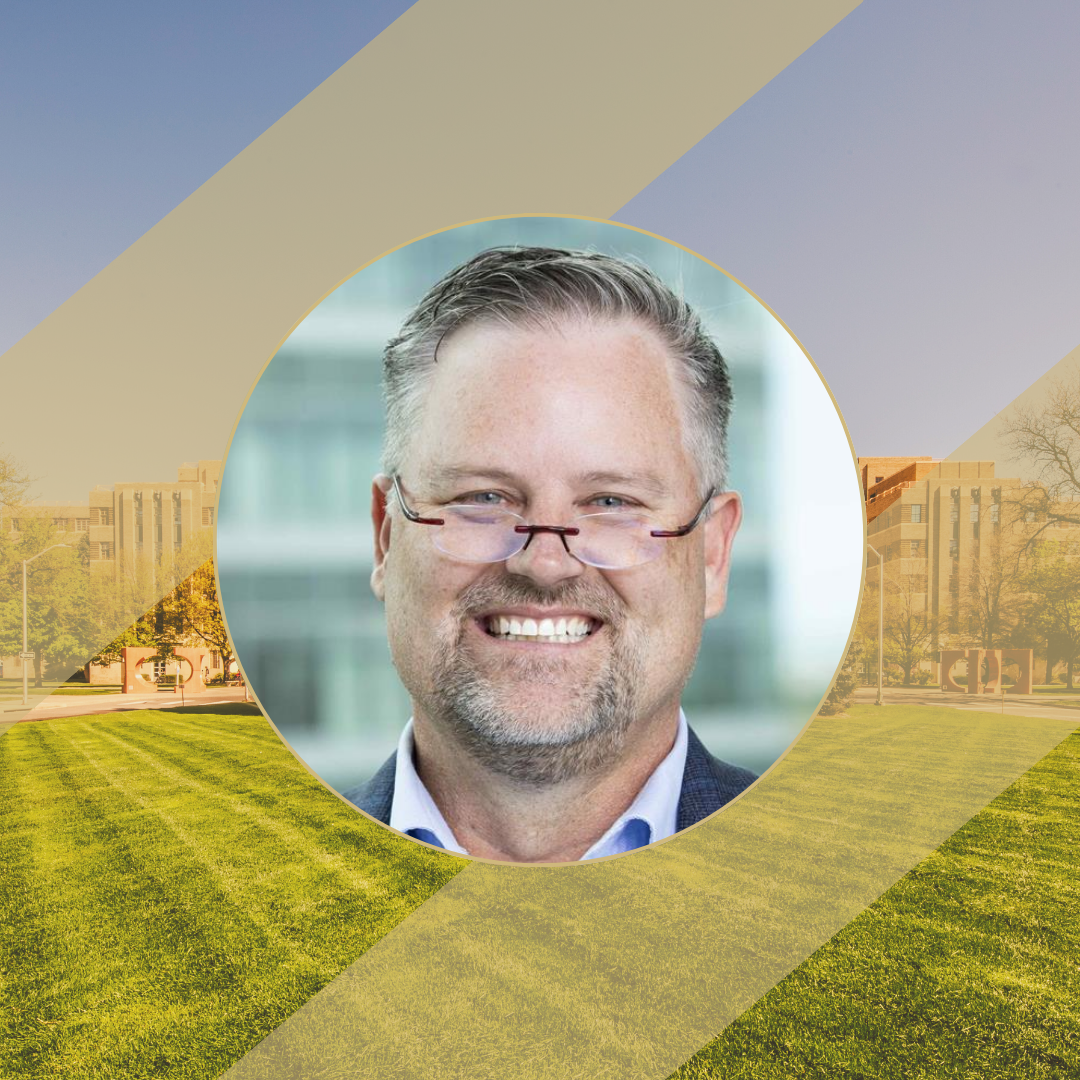medical oncology newsroom
.png?sfvrsn=9cb4ddb4_1)
Dr. Wood Receives Grant to Improve Cancer Prevention and Survivorship
Through a five-year grant, oncologist Marie Wood, MD, aims to promote clinical trials that are focused on preventing cancer and improving outcomes for survivors.
f49ba104-56c4-4196-a5c0-50c48d5352ac.png?sfvrsn=af06c8b4_1)
Navigating How to Talk to Someone Newly Diagnosed with Cancer
Dr. Concannon offers advice on how to talk about cancer with someone who has been newly diagnosed, and what to avoid.
.png?sfvrsn=946bc5b4_1)
Cancer Care Frameworks that Respect the Values of Older Patient
Dr. Kessler aims to ensure that care for older patients with advanced cancer aligns with their values and priorities - which may differ from younger patients - with what she calls "goal-concordant care".

Dr. Studts Receives Grant to Improve Lung Cancer Screening Nationwide
Jamie Studts, PhD is co-principal investigator of a recently awarded $1.5 million NCI grant that will support the first step in a multi-phase process to improve lung cancer screening efforts at 60 sites across the United States.

Worldwide Collaboration Sheds Light on Lung Cancer Therapy
Tejas Patil, MD, led a global study of patients on three continents, focused on treatment strategies for non-small cell lung cancer. The study involved patients and researchers from the CU Cancer Center as well as cancer facilities in Canada, China, Italy, and the University of Pennsylvania.
38b223e8302864d9a5bfff0a001ce385.png?sfvrsn=fa9a47b4_1)
Effective Treatments for HER2-positive Breast Cancer Patients
Elena Shagisultanova, MD, PhD, is working to uncover effective treatments for HER2-positive breast cancer patients by combining different drugs to counteract the cancer cells’ proliferation.
.png?sfvrsn=db8644b4_1)
News to Use: What to Know About Breast Cancer
Despite advances, breast cancer remains the number one cancer among women. Dr. Borges offers tips for lowering breast cancer risk.
.png?sfvrsn=9d967bb4_1)
Dr. Lieu Discusses the Increasing Trend of Early Onset Colorectal Cancer
The overall U.S. death rate from colorectal cancer has been gradually declining in recent years, primarily among older people, as more people get screened. But the mortality rate from “early onset” colorectal cancer in people under age 50 has been increasing year by year.